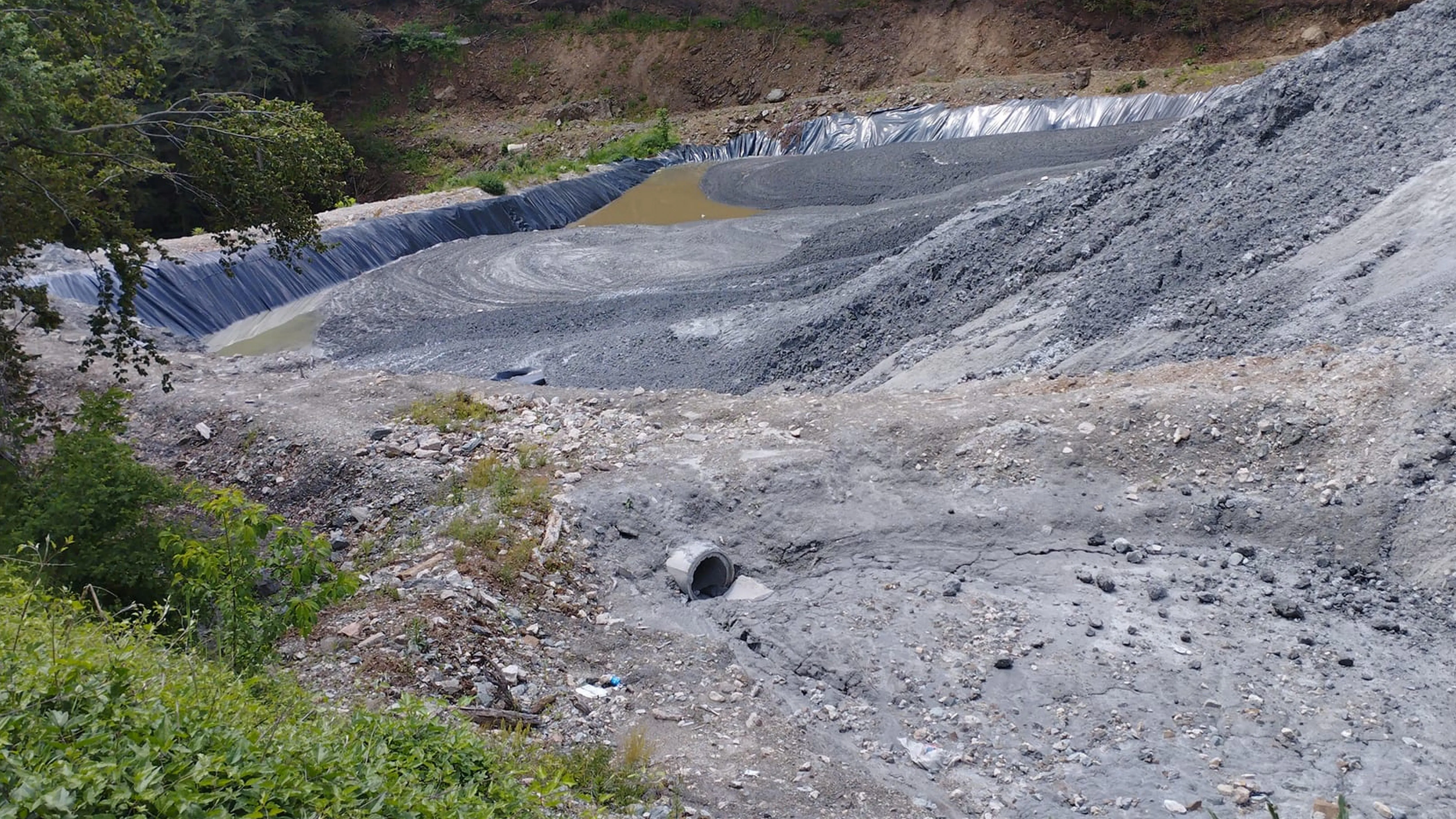14 November 2022
Law students act to protect endangered species in Serbia
Students from King’s Legal Clinic have supported a landmark legal complaint which aims to protect endangered species in Serbia.

The law students have used their skills to support a complaint against threats to flora, fauna and wild habitats from a British-funded mine. The submission employs novel ‘Rights of Nature’ arguments.
In 2016, a Serbian subsidiary of the UK-based Mineco Ltd received permission from the Serbian Ministry for the Environment for a pilot project to explore the opportunity to mine two copper, lead and zinc deposits near the town of Bosilegrad, close to the Bulgarian border. The operation of the mine has led to alleged widespread and severe impacts on at least 29 protected wild flora and fauna species and natural habitats in the area. A 2021 study by the University of Belgrade showed dangerous levels of metal in the water and soil near the mine that far exceed legal limits.
The case has been brought by the UK-based NGO Earth Thrive, who are working with a local Serbian organisation, EkoKrajiste (Eco Region). Their complaint argues that the Serbian Government’s decision to allow mining in these locations has resulted in damage to the environment in breach of its international obligations under the Bern Convention on the Conservation of European Wildlife and Natural Habitats.

Photos taken as a part of the project, to document the alleged damage to flora and fauna.
The Bern Convention complaint, filed on 3 October, is based on research by a team of students from the Human Rights and Environment (HRE) Clinic, supervised by lecturer and solicitor Sue Willman and Harj Narulla, a climate barrister and Fellow in climate law at the University of Oxford, who drafted the complaint. The team included Serbian-speaking law students who investigated technical and legal documents from Serbia with support from King’s law lecturer Mateja Durovic.
The complaint asserts that Serbia has violated Articles of the Bern Convention by failing to take appropriate and necessary measures to protect wild flora and fauna species within its jurisdiction. The student team looked at the application of the Bern Convention, identified the relevant breaches in the case, produced initial drafts of the complaint, attended meetings with the client, and translated key documents from Serbian into English.
Niamh Cavoski Murphy, one of the King’s students who worked on the case, said: “It has been a privilege working on this project. The project has been an amazing learning opportunity with such a motivated team of students and experts. I not only gained practical research experience but also came to better understand the real dangers and day-to-day effects of illicit mining practices and state inaction. Moreover, being of part-Serbian heritage, it has been special to work on a project which will hopefully have tangible consequences for improving Serbia’s environmental record and set a precedent for stronger environmental protection in the future.”
Harj Narulla said: “The Rights of Nature as a legal philosophy represents a paradigm shift by challenging the anthropocentric notion of Nature as property. Natural entities – including ecosystems, plant, and animal populations – possess inherent rights, such as the right to exist, thrive, and evolve naturally. If successful, the complaint could set a precedent in interpreting the Bern Convention from a Rights of Nature perspective and contribute to the emergence of these principles as part of customary international law.”
Zoe Lujic, Executive Director and Founder of Earth Thrive, said: “Despite the passage of thousands of environmental laws, Nature is continually destroyed due to a 'business as usual' attitude, various greewashing technologies which cause biodiversity loss, proliferation of extractive industries, deforestation, and other harms.
“A primary cause of these crises is the legal system's treatment of Nature as mere human property rather than as the living entity with its inherent right to life and health. In turn, economic systems treat Nature as a commodity, encouraging its exploitation for short-term profits and leading to the rapid destruction of Nature on a global scale with some of the most severe examples happening in the Balkans. At Earth Thrive, we have been excited by the chance to tackle this through the platform and ethics of the Rights of Nature and engage future lawyers from King's College London in the challenge, especially the ones of our local origin. We look forward to future cooperation with King’s Legal Clinic.”
International Obligations
The Bern Convention is a binding international legal instrument in the field of nature conservation, covering most of the natural heritage of the European continent and extending to some states in Africa.
As a signatory to the Convention, Serbia has obligations to ensure conservation of the habitats of protected wild flora and fauna species. Special attention must be given to endangered and vulnerable species, including endangered and vulnerable migratory species described in the Convention. It is alleged that the mine near Bosilegrad has impacted and will continue to impact at least 29 species protected under the Bern Convention.
Serbia also has the responsibility, under the Treaty, to take account of the impact of any other policies on the natural heritage and the intrinsic value of wild flora and fauna in protected areas. The submission argues that such measures should be included in Serbia’s planning and development policies and pollution control regime, with particular attention paid to the conservation of wild flora and fauna. The complaint also identifies that Serbia may have breached its international obligations under the Convention on the Conservation of Migratory Species of Wild Animals (CMS).
The Secretariat of the Bern Convention will consider the complaint alongside another regarding mines in the Homolje Mountains region. While each complaint will stand independently, the Secretariat’s joint processing applies as the two cases consist of substantially similar allegations against Serbia.


